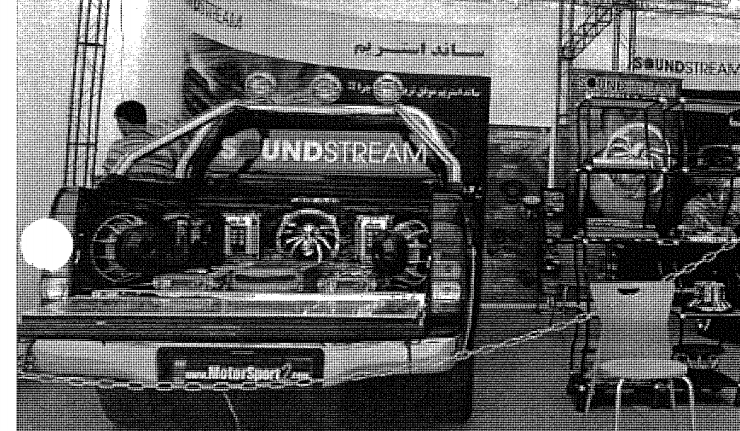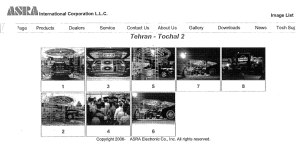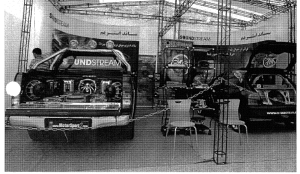OFAC Responds With Motion for Summary Judgment in Epsilon v. Treasury

OFAC’s position is and will always be that there is virtually no situation where its authority can or should be challenged in a court of law and filings generally follow a similar pattern. Given the high degree of deference granted under the Administrative Procedures Act (“APA”) and the fact that OFAC operates within the field of foreign affairs, they are usually right.
What is always noteworthy in litigation involving OFAC is the administrative record that must be filed pursuant to Rule 7(n) of the Rules of the U.S. District Court for the District of Columbia. The administrative record can give a clearer picture as to whether OFAC’s determination was backed up by relevant facts. You can decide for yourself but it seems Epsilon is fighting an uphill battle.
Exhibit AR-0007 depicts Epsilon’s Dubai-based distributor Asra International’s “About Us” page as of December 9, 2011. I’ve provided a screenshot of two relevant sections which cast some doubt on Epsilon’s claim that they had no reason to know that Asra was selling their products in Iran.

![]()
Asra also maintained a photo gallery on its website which depict numerous examples of Epsilon’s “Soundstream” brand being marketed and displayed in Iran.
Exhibit AR-0719 also depicts images captured from Soundstream’s own website that show its products being sold in Iran.
This is just a small sampling of the evidence contained in the administrative record but there does not seem to be any doubt that Epsilon products were being sold in Iran and that there was publicly available evidence that Epsilon’s distributor Asra International routinely sold Epsilon products in Iran. A judge will be hard pressed to overturn OFAC’s conclusion that Epsilon had “reason to know” its goods were being supply to Iran in violation of 31 C.F.R. 560.204.
The evidence also highlights the importance of performing adequate due diligence on regional suppliers, as “reason to know” can be a relatively easy standard to satisfy in many cases. Those operating in the Middle East, Dubai in particular, should be given special scrutiny.





